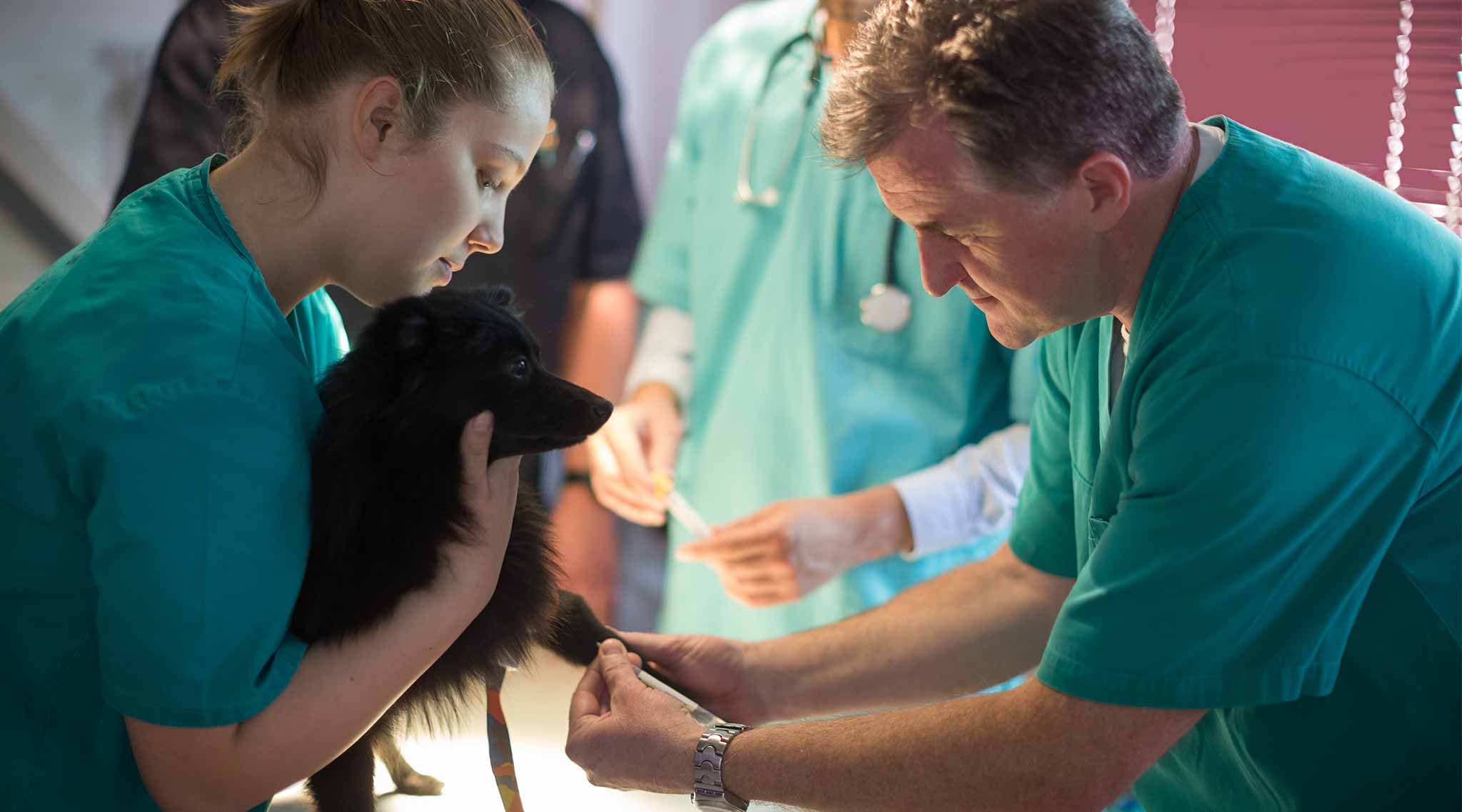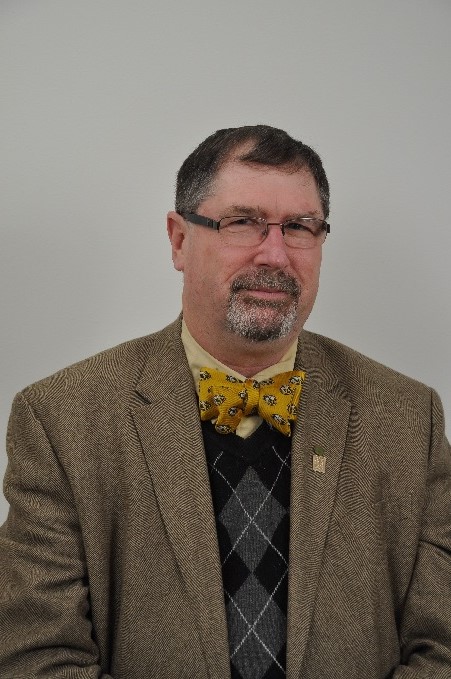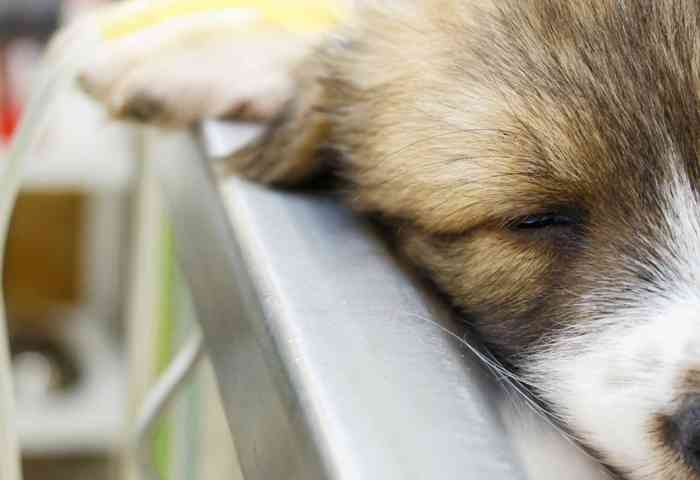Get started with Mizzou
Apply hereOverview
The online Graduate Certificate in Veterinary Science, the first of its kind, is well suited for veterinary professionals with the desire to master new skills in the field. This program from Mizzou's College of Veterinary Medicine provides flexible courses and gives students opportunities to connect with experts in their respective areas of veterinary medicine. Graduates of the program are well suited for leadership and advanced responsibilities within the profession.
Important: It is not the intent of this program to prepare students for application to a DVM program. Qualified applicants must be baccalaureate-holding veterinary technicians or graduate veterinarians whose careers could be advanced through completing applicable courses delivered online.
Graduate Outcomes Include
- Learn to teach or communicate information to others in the profession;
- Understand how to provide better patient and client services;
- Obtain new and expanded opportunities within the profession.
Courses from this online certificate program can also be used towards completion of the online master's in veterinary science.
Quick facts
Official name
Graduate Certificate in Veterinary ScienceCampus
Program type
Graduate certificateAcademic home
College of Veterinary MedicineDelivery mode
100% onlineAccreditation
Higher Learning CommissionCredit hours
15Estimated cost
$8,269.50*This cost is for illustrative purposes only. Your hours and costs will differ, depending on your transfer hours, your course choices and your academic progress. See more about tuition and financial aid.

Career prospects
Potential careers
- Veterinary technician educator
- Diagnostic or testing laboratory technician
- Regional peer or client educator
- Veterinary technician supervisor
Program structure
The online Graduate Certificate in Veterinary Science is 100 percent online. No campus visits are required. All courses are asynchronous.
Courses are semester-based. Students typically take two classes each semester session and finish the program in two years.
Coursework includes
In this graduate certificate program, students have the opportunity to tailor course work to their interests and applicability to their veterinary career. Course options include:
- Emergency and critical care
- Veterinary pain management
- Cytology
- Toxicology
Delivery
100% onlineCalendar system
Semester-basedTypical program length
2 yearsTypical course load
2 classes per semesterAccreditation
The University of Missouri is accredited by the Higher Learning Commission, one of six regional institutional accreditors in the United States.
Faculty spotlight

Dr. Wolfe teaches Principles of Pain Management and Small Animal Wound Management and Reconstructive Surgery. Her research received the Pfizer award for its contribution to the understanding of pain and its management in animals. She has special interest in the areas of wound management and reconstructive surgery, surgical oncology, developmental and inflammatory orthopedic diseases, pain management and critical care.

Dr. Evans’ doctoral research involved various aspects of the bioavailability and toxicokinetics of environmental contaminants, such as lead and cadmium, in porcine and cellular models. His clinical research projects investigate the effects of mycotoxins on animal reproduction and the pathogenesis of reproductive disease in domestic animals. Dr. Evans’ current comparative research focus is the development of porcine models to study the adverse effects of toxicants on the male reproductive tract.
